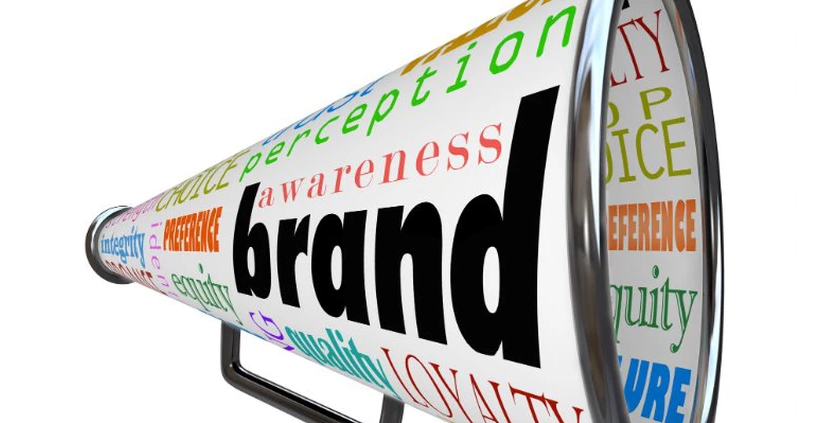What exactly is an employee brand? Recently, a number of clients asked me to clarify their thinking on this question. Unfortunately, reading what’s written in reputable publications, they’d developed some unhelpful misconceptions and misunderstandings. Here’s what I told them to help them on the right path toward clarifying and celebrating their employee brand.
1. What is employee brand?
Your employee brand is the internal reputation your company has among employees based on how they experience their day-to-day work. It’s formed largely by how they expect to be treated by colleagues, managers, and leadership. It’s reinforced by the consistency with which decisions are made and how closely those align with the real “lived” values of the organization. In other words, in some organization, the employee brand does not reflect the values leaders and managers espouse because the real values are different than the declared ones.
2. What does employee brand have to do with “best places to work” lists?
It depends, but usually, not much. Such lists rarely examined the actual behaviours of the work culture; subsequently they provide incomplete information at best. A potential candidate picking an organization from such a list could learn all kinds of nice features like the firm’s “corporate social responsibility” reputation, or the amenities it offers like free meals, day care, and a basketball court. But all of those decorations and trimmings are secondary aspects compared to what the organization is really like on a daily basis. Even worse, some organizations imitate other ‘better companies’ on those lists thinking that will help improve their employee brand. They will often learn that just because something works in one company doesn’t mean it will work somewhere else.
3. How do you ‘brand for influence’?
First, for the reasons above, your employee brand already exists. So you can’t create or change brand – it’s a reflection of the actual values of your company. But if you truly want to influence someone to come work for your firm, you need to be clear about your brand and you need to be able to express that clearly to others who would find it a draw.
Corporate legends are among the best tools for doing so. They are usually stories of times you lived up to your values with customers, suppliers, and employees in spite of some challenge. A corporate legend is an articulation of a time when you did something not for profit, fame or glory but because it was the right thing to do. You probably never thought to ‘advertise’ it because it just came naturally. Corporate legends can help identify what it truly means to work for your organization. Employee brand is rarely advertised in a way that’s meaningful.
4. Is a clear employee brand worth it?
Often, when people start their career they choose a job based on pay or, depending on the business cycle, availability. However, once people have landed in an organization whose values are misaligned with their own, people start to rethink what makes for a good employer. One thing when they start to look for a job they consider the culture of how employees are treated. However, a company’s true values and corporate legends are rarely advertised. An authentic employee brand built on your organization’s values and corporate legends can have a valuable impact on both morale and the bottom line. Employees will feel engaged and committed, and they will “spread the word” about what a great place you are to work. Having the right brand will make a major difference in employee engagement and discretionary effort provided.
5. How can you do a better job articulating your employee brand?
You don’t need an expensive or protracted process. The most important factor is whether or not it is articulated based the authentic values of your organization and not what you hope for it to be, the aspirational values. Starting by having grounding in reality will allow your brand to be owned and welcomed by the employees. Without that, employees will see through the “new” brand quickly, causing it to fail.
6. What if you want to change your existing employee brand?
Good luck because it is unlikely that you will succeed. Research says that cultural change initiatives fail 85 to 90 percent of the time. This is because values don’t change quickly, no matter how you try to spin what your organization wants to believe about itself. You’re far better off celebrating what’s positive about your organization and staying true to what you believe than trying to change how you are perceived.
An external consultant can’t deliver if he or she promises to change your brand. Your brand is already there, it is a matter of how it is managed and shared. Your employee brand articulated right can be a powerful force for increasing engagement, productivity, and retention while attracting the best candidates to your organization.
__________________________________________________________________
David is a globally recognized thought leader in the areas of talent management and corporate culture. You can read more on his perspective on what drives passion and pride in his book on values, culture and leadership: Inside the Box.
 DS Cohen & Associates
DS Cohen & Associates
